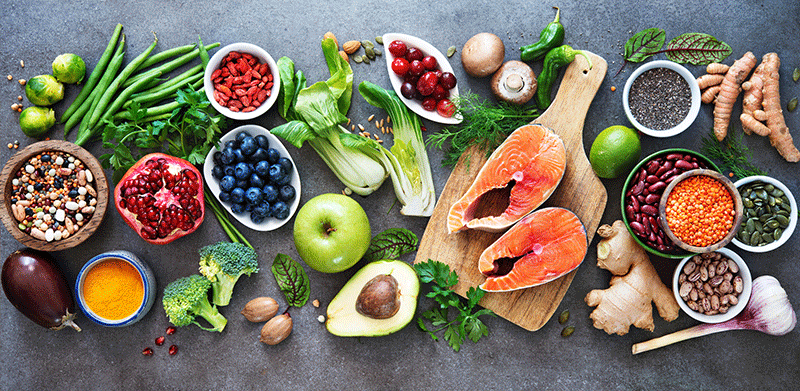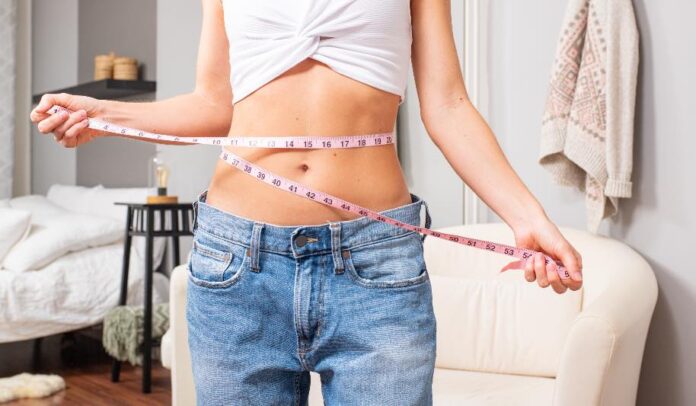Your 30s might be the years where you find yourself, know what you want and where you are headed. But it’s clearly not the year where you will shed weight like when you were younger. You start losing muscle mass per decade, leaving your body with less ability to burn calories. This is also the time when your metabolism will be slowing down. Add in fluctuating hormones (your body starts experiencing a reduction in estrogen or testosterone levels) and you’ve got a recipe for a weight loss stalemate. But that does not mean that all hope is gone, as there are still many ways to increase your metabolism and therefore lose weight.
Here are rules to losing weight in your 30s:

With only 24 hours in a day, taking the time to sleep may seem trivial. With everything that is going on in your life such as work, social life and caring for your children/fur-babies/plants. But the importance of sleep cannot be underestimated as it is crucial for the body’s metabolism and therefore, successful weight loss. According to research by the American Academy of Sleep Medicine and Sleep Research Society, the sweet spot is somewhere between 7 to 9 hours a night. Sleeping less than 7 hours may put you at a higher risk of developing obesity or other health concerns. If you find yourself with trouble sleeping, try scheduling your sleep or finding a supplement that works for you.

Drinking water is also something that you should keep watch of, as it’s the key for maintaining a moderate weight. How much water you need to drink depends on a variety of factors like age, activity levels, and current weight. Drinking plenty of water can also help keep your metabolism in check. In fact, a small 2003 study showed that a single 16-ounce serving can boost your body’s calorie burning potential and rev your metabolic rate by as much as 30 percent! Yet water can be horrendous to drink for some people as it has no taste. Try infusing it with your favorite fruit or drink sparkling water instead.

As been said before, muscle mass starts to decline as you get older, particularly after you turn 30. This in turn makes your body burn less calories than when you are younger. But do not fret! You can build and maintain muscle mass with regular movement and exercise. Exercise does not come easy for many people, so we recommend that you choose whatever kind of workout or movement that suits your style and gives you joy. Take a yoga or Pilates class, dance around your living room and you can even chase your kids (or dogs) around the yard. A joyful exercise which brings a smile to your face and gets your body moving will help your body!

As difficult as it may be, controlling your stress levels can heavily affect your physical and mental health. Problems generally arise from headaches to digestive problems. It can also boost your cortisol levels and make you reach for that not-so-healthy treat. Either way, both of those effects can lead to weight gain which are harder to lose once you reach your 30s.
A small study suggested that you can prevent stress-related weight gain by eating a balanced diet, getting plenty of sleep, and exercising regularly. Other than that, you can also try doing mindful activities focused on easing your body and mind, like yoga or meditation. If you find that your stress isn’t going away and continuing to lead to weight gain or other health concerns, talk with your doctor.

Other than moving your body, you also need to eat well. A nutrient-rich, balanced diet is the key to weight loss despite your age. Start by getting enough protein, which helps you feel full and helps you build muscle. You’ll also want to add fiber-rich foods (like veggies, fruits, beans, and nuts) and nutritious fats (like eggs, yogurt, and avocado). Processed foods are the category that you need to avoid. This includes fast food, packaged snacks, and drinks like soda. Not only can these types of foods make you gain weight, but can also develop risk you of having heart disease or certain cancers.
Have you practiced these tips? Tell us your experience in the comments section below!





